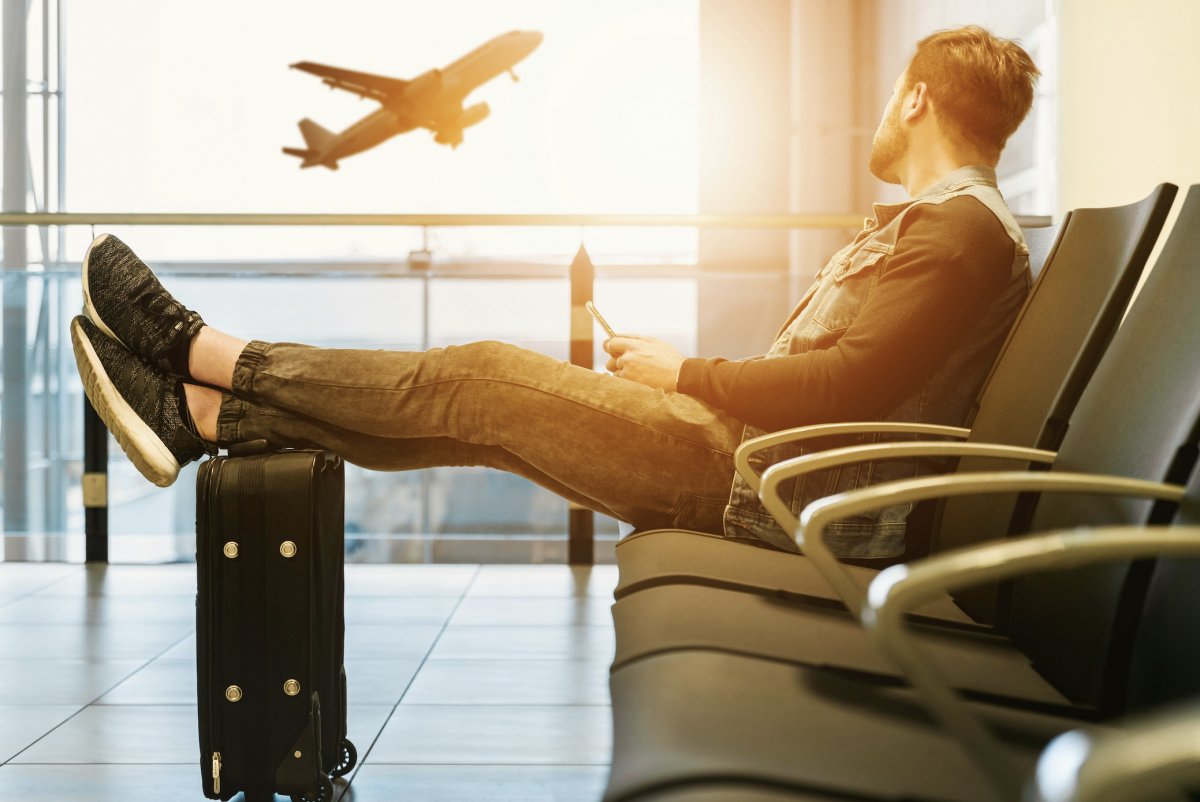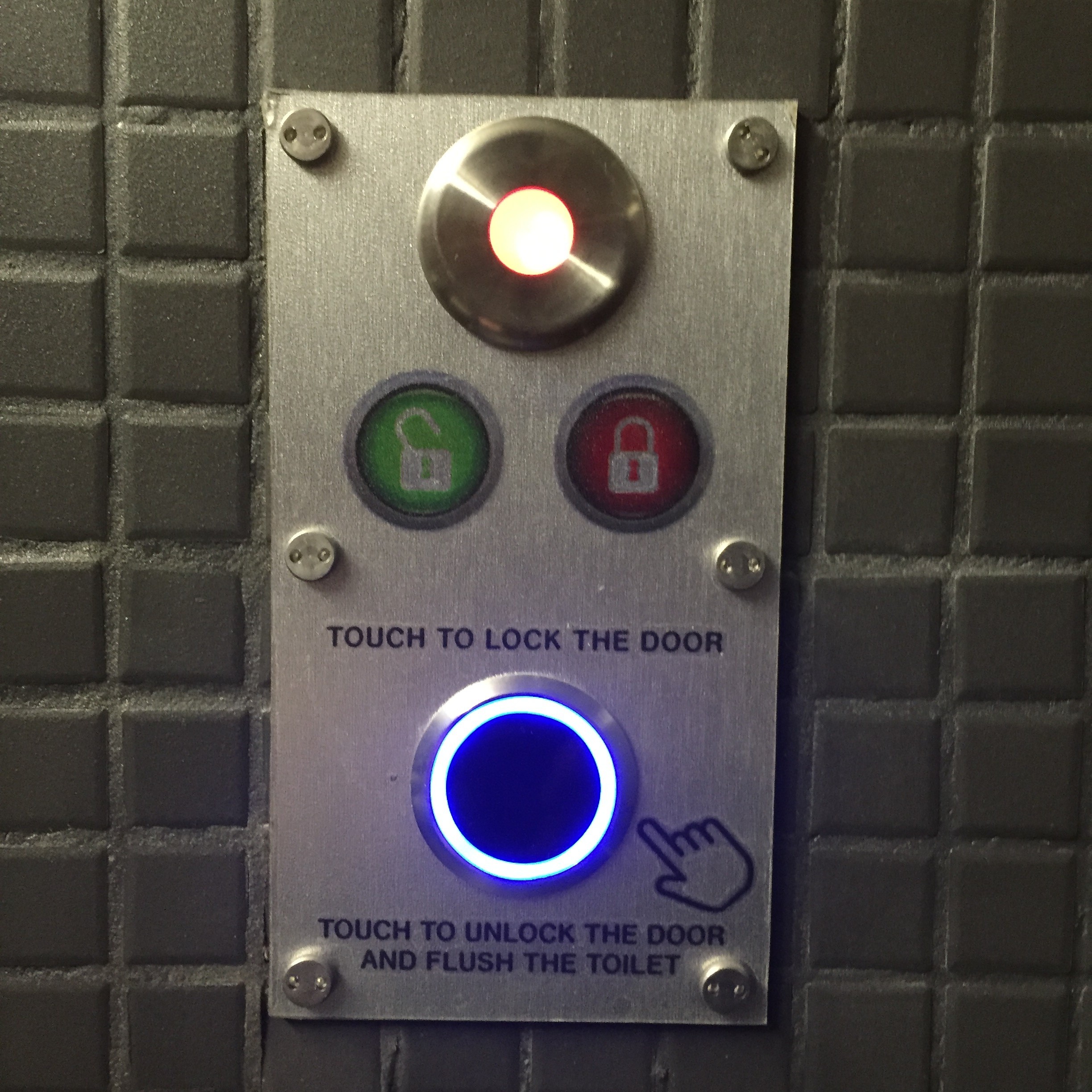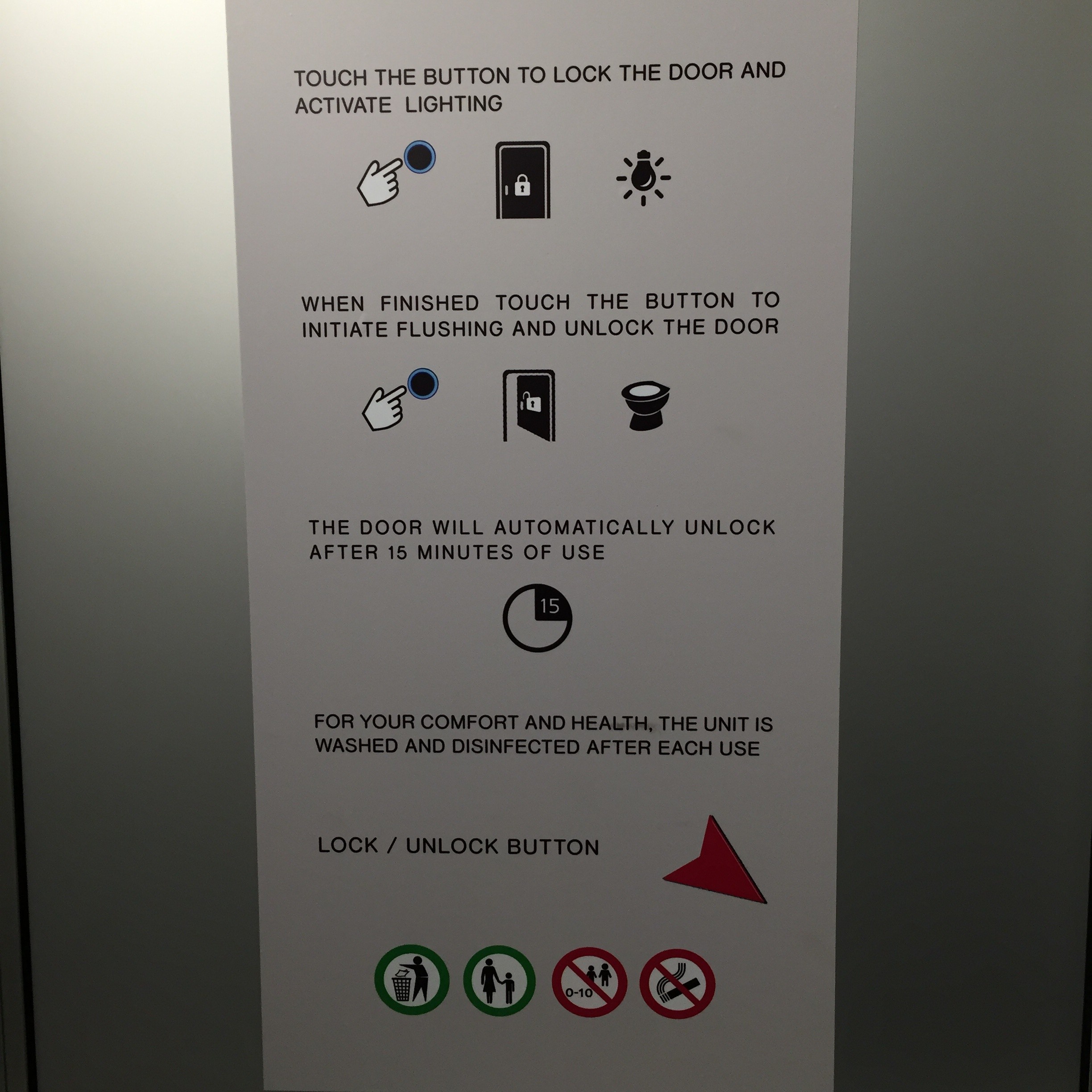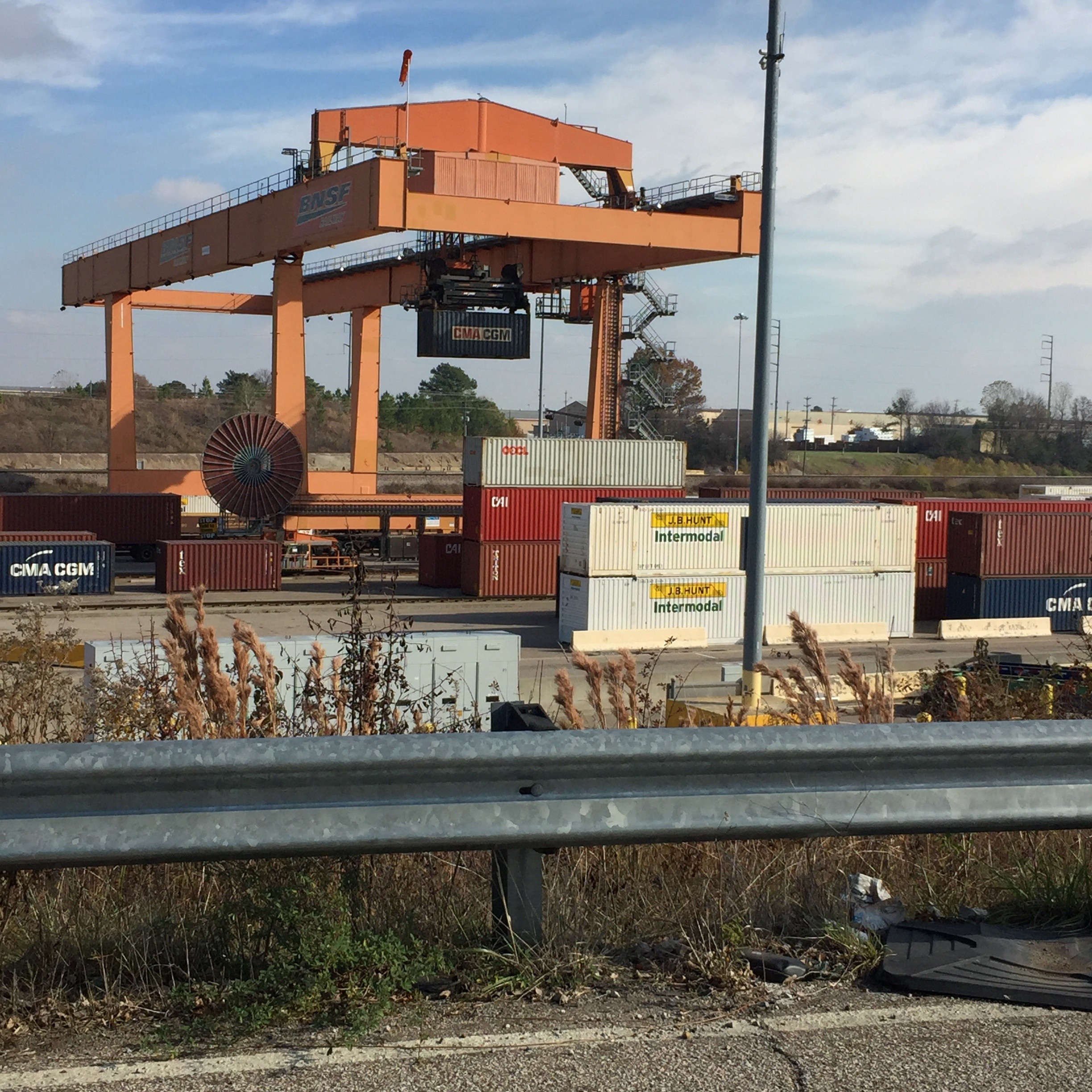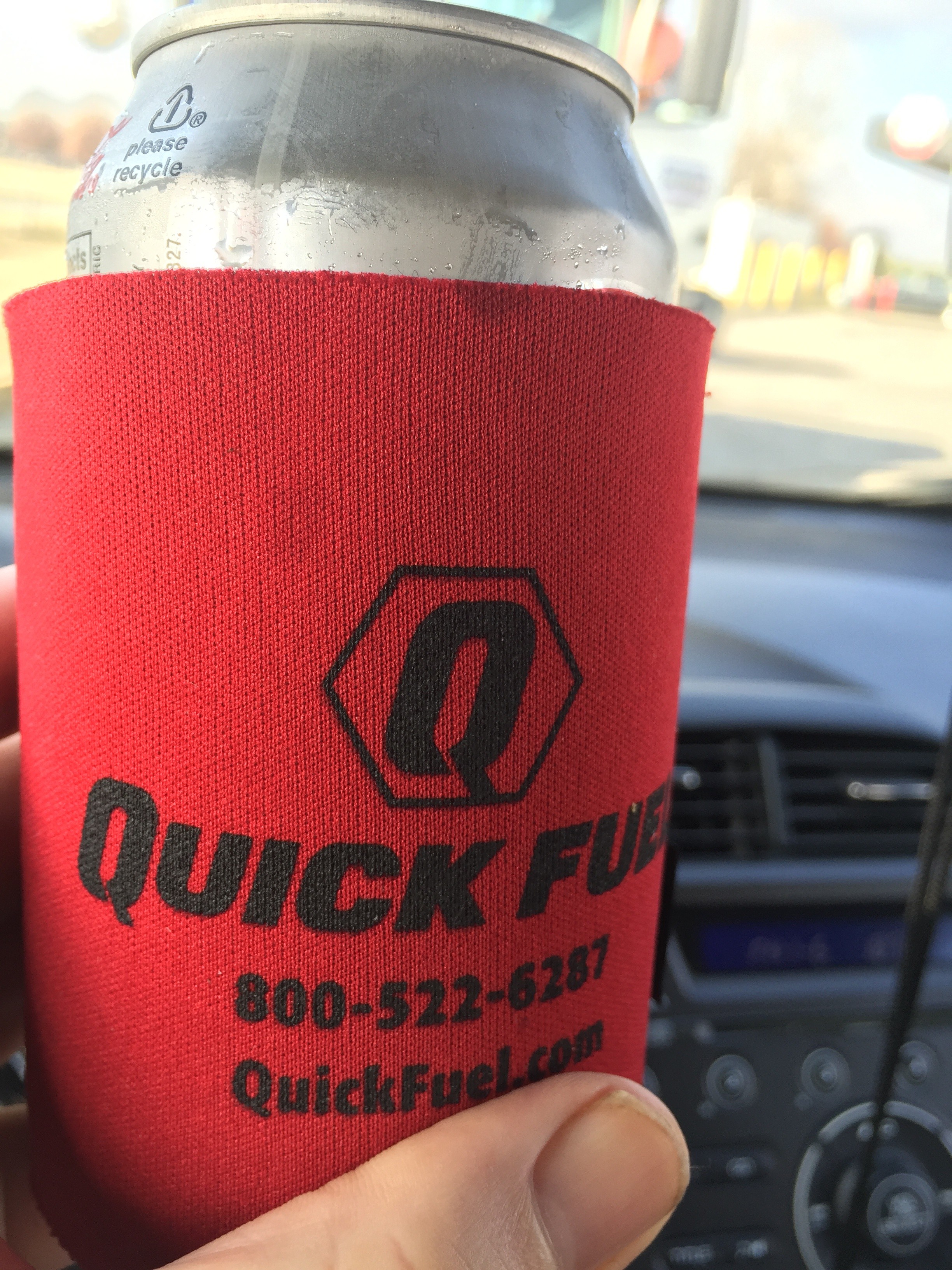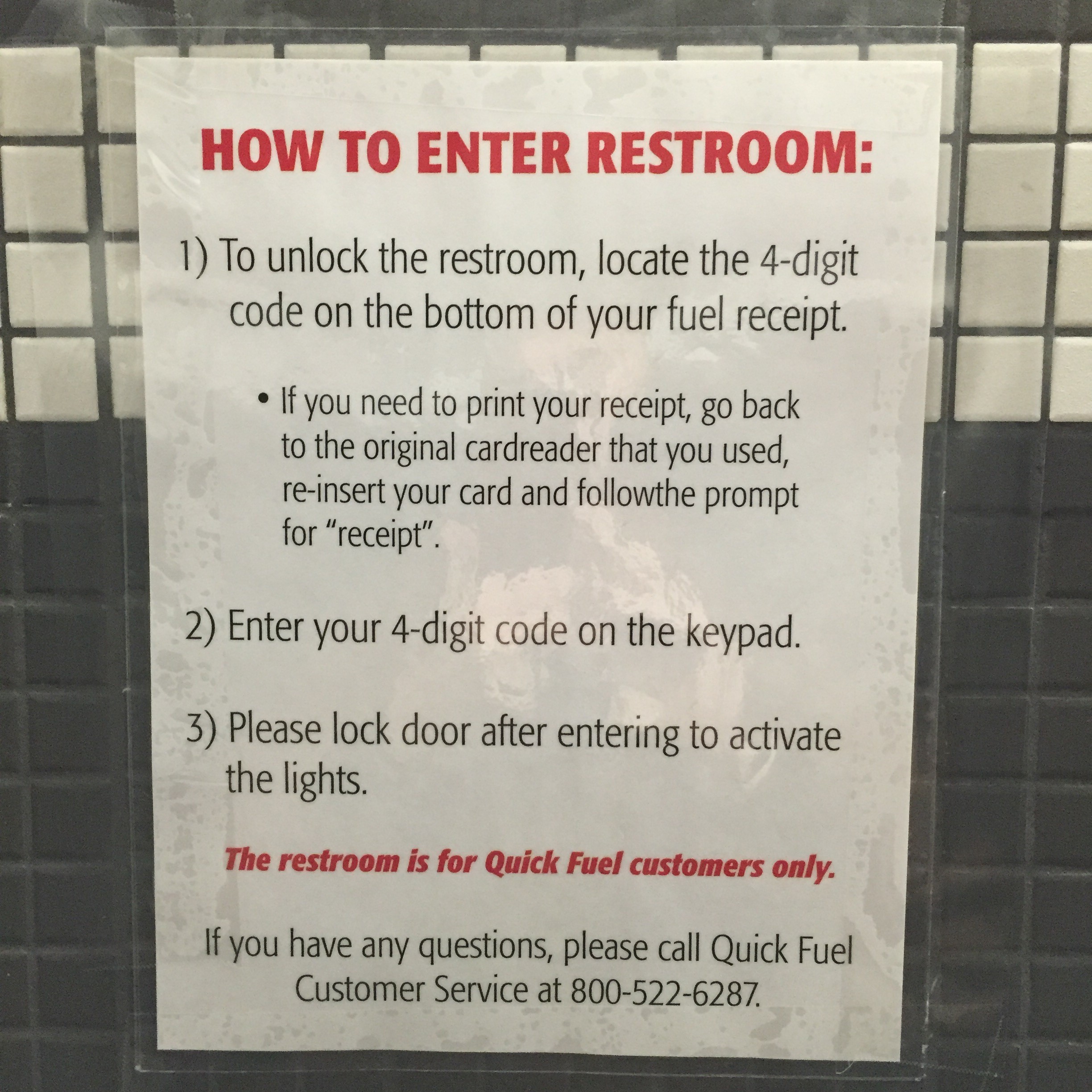New rules will change air travel, mandating refunds for flights and eliminating hidden airline fees. In addition, new laws could come soon to limit fees for booting cars in parking lots, and restrictions on “zaza” or “gas station heroin.”
New airline rules
Last month, the U.S. Department of Transportation (USDOT) issued final rules to require airlines to give passengers a prompt, automatic cash refund for canceled and significantly delayed flights, instead of travel vouchers or credits. The idea was proposed, in part, by U. S. Rep. Steve Cohen (D-Memphis), as a ranking member of the House Committee on Transportation and Infrastructure.
The new rules were part of Cohen’s Cash Refunds for Flight Cancellations Act and Forbidding Airlines from Imposing Ridiculous (FAIR) Fees Act. The legislation would also protect consumers from “ridiculous” or hidden fees on certain services, though USDOT has not yet ruled on the idea.
“These passenger protections are long overdue,” said Congressman Cohen. “When airlines are responsible for flight delays or cancellations, or do not provide the services that their customers pay for, passengers should be made whole, not tied to airline vouchers or travel credits. I have also heard from many travelers about their frustrations with hidden fees for checked bags, seat assignments, and flight change and cancellation fees that far exceed the costs to provide these services.”
New rules for “booting” and towing cars
In Tennessee, a bill is headed for Gov. Bill Lee’s desk that would prohibit unlicensed individuals from booting vehicles and cap the fee to remove a boot at $75. The legislation was sponsored by state Senate Majority Leader Jack Johnson (R-Franklin). It also proposes new rules for towing and parking.
“This legislation will protect vehicle owners in Tennessee from bad actors seeking to profit off of immobilizing and confiscating vehicles,” said Johnson. “I’ve received complaints from many constituents who have had to go through unreasonably long and expensive processes to regain control of their vehicles which were unfairly immobilized or towed.
“Unfortunately, our current laws do not provide legal recourse to punish parking enforcers engaged in certain nefarious practices. This bill targets those bad actors and protects Tennessee vehicle owners.”
The bill would require booting be done if only a licensed parking attendant is present in a commercial parking lot. Boots would also have to be removed within 45 minutes of a driver’s call. The legislation would also ensures that vehicle owners are properly notified if their vehicle is being towed, sold or demolished by a towing company. Also, if the towing process has begun, but the vehicle hasn’t left the parking area, the bill requires towing companies to release vehicles to the owner for a fee of no more than $100.
Getting “gas station” heroin out of gas stations
Another piece of federal legislation would ban the sale of tianeptine — sometimes called “zaza” or ”gas station heroin“ — at retail stores, like gas stations. The proposal is from Rep. Frank Pallone (D-New Jersey) who said the drug is causing an uptick in calls to poison control centers and emergency room visits. America’s Poison Control Centers said 391 tianeptine cases were reported nationwide last year.
Tianeptine is most commonly used for treating anxiety and depression. However, the drug has not been approved by the U.S. Food and Drug Administration (FDA). Sometimes the drug is abused to create a euphoric, opioid-like effect. A common tianeptine brand is called “Neptune’s Fix.”
“It’s clear that these harmful tianeptine-containing products pose a serious threat to consumers and are jeopardizing the health of our communities, particularly our kids,” Pallone said in a statement. “These dangerous products do not belong on store shelves, which is why I’m introducing a bill today to empower FDA to prohibit the marketing of ‘gas station heroin’ to protect consumers.”
